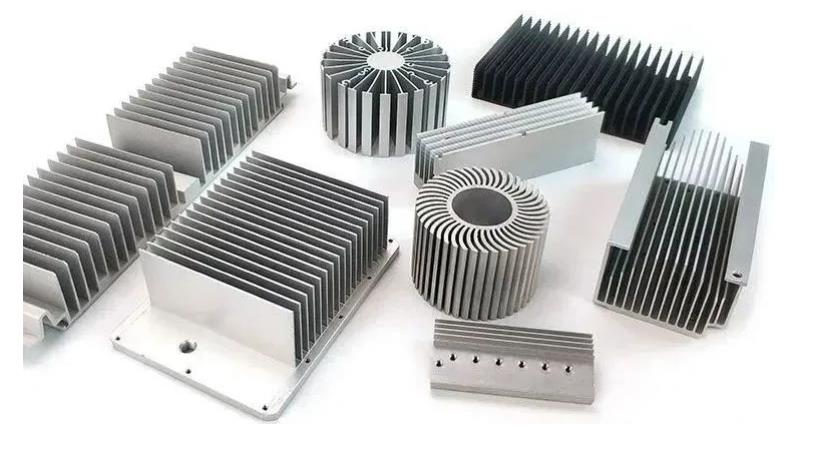In today’s quest for efficient and sustainable heating solutions, aluminum radiators stand out as a superior choice for residential and commercial applications alike. Their unique properties not only ensure optimal heat distribution but also offer significant advantages in terms of flexibility and longevity.
1. Modular Combination for Flexibility
Aluminum radiators feature a modular design that allows users to easily adjust the number of radiators based on their heating requirements. Unlike traditional radiators that are fixed once installed, aluminum’s modular approach enables seamless additions or removals. This flexibility proves invaluable for users fine-tuning room temperatures without unnecessary energy waste.
2. Lightweight Advantage
As the lightest among all radiator materials, aluminum is particularly suitable for modern high-rise buildings. Its lightweight nature simplifies transportation and installation, making it a preferred choice for construction projects where efficiency and ease of handling are paramount.
3. Superior Heat Dissipation
One of aluminum’s standout features is its exceptional heat dissipation capabilities. Thanks to its high thermal conductivity and the chimney effect facilitated by guide plates, aluminum radiators efficiently circulate indoor air, ensuring rapid and uniform heating throughout the space.
4. Longest Service Life
Compared to other radiator materials, aluminum boasts the longest service life due to its corrosion resistance and the modular nature of its design. Traditional radiators often require complete replacement in case of damage or corrosion, whereas modular aluminum radiators allow for straightforward part replacement, reducing maintenance costs and extending overall lifespan.
5. Versatile Size Options
Aluminum radiators offer a wide range of size options to accommodate diverse heating needs. From compact spaces to expansive rooms, consumers can select radiator configurations with center distances ranging from 230mm to 1800mm, ensuring optimal performance and efficiency.
6. Compatibility with Tap Water
Aluminum’s compatibility with tap water environments further enhances its appeal. With a neutral pH range ideal for aluminum (5 to 8.5), tap water fosters the formation of a protective aluminum oxide (Al2O3) layer inside the radiator. This natural barrier effectively shields the radiator from corrosion, ensuring durable performance over the long term.
Conclusion
In conclusion, aluminum radiators represent a pinnacle in heating technology, combining efficiency, durability, and environmental compatibility. Whether for residential homes or commercial spaces, choosing aluminum ensures not only superior heat distribution but also long-term cost savings and sustainability. Consider aluminum radiators for your next heating upgrade and experience the benefits firsthand.
